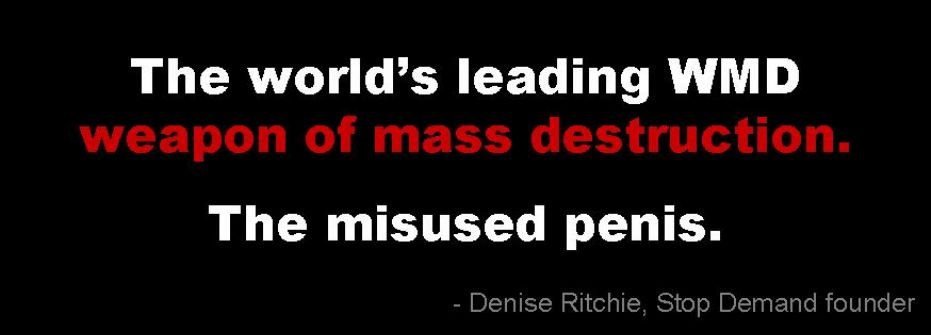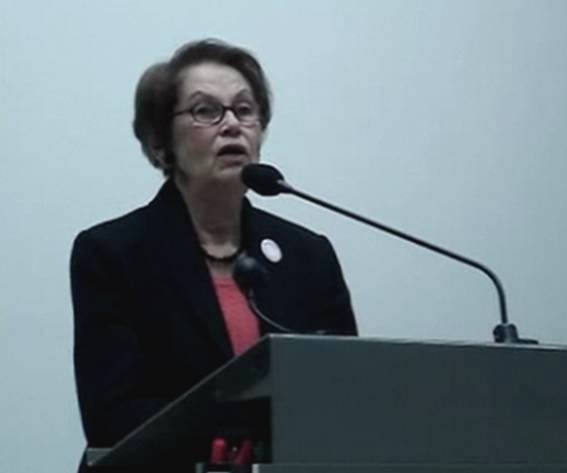Wartime Rape
Rape in war, like rape within homes and across communities in all countries through sexual assault, incest, marital rape and stranger rape, does not take place in a vacuum. It is fuelled by beliefs around power, domination, masculinity and perceived entitlement. It is sustained by attitudes that are glorified through pornography, attitudes that permeate global sex markets of prostitution and trafficking and attitudes that are exalted in cultures such as rap music, comedy clubs, sports bars and corporate boardrooms where rape is routinely reduced to a punch line.
Legislation and improved law enforcement will not end rape in times of war, just as it has not ended rape in times of peace.
Although we call on governments, on law makers and law enforcers to end rape in war, ultimately our loudest call must go out to men.
Reducing rape requires a global seismic shift in men’s attitudes on issues of masculinity, power and perceived entitlement.
Rape is within men’s control. It is not inevitable. Rape, and participation in rape culture, is a choice.
We implore men everywhere to step up, speak out and make better choices. Men can end rape in war. Men can end rape.
FAQs
-
"Women are sexually persecuted in civilian life, too, but we don’t tell them to not exist! Sexual persecution is caused by certain men and the misogynistic culture of the military. That is what needs to be fixed."
- Helen Benedict, author of The Lonely Soldier: The Private War of Women Serving in Iraq.
“... this fear just consumes my whole body, even up to this day when I draw the curtains at night. Because getting dark meant being raped over and over and over again.”
“Women serving in the U.S. military are more likely to be raped by a fellow soldier than killed by enemy fire in Iraq.”


